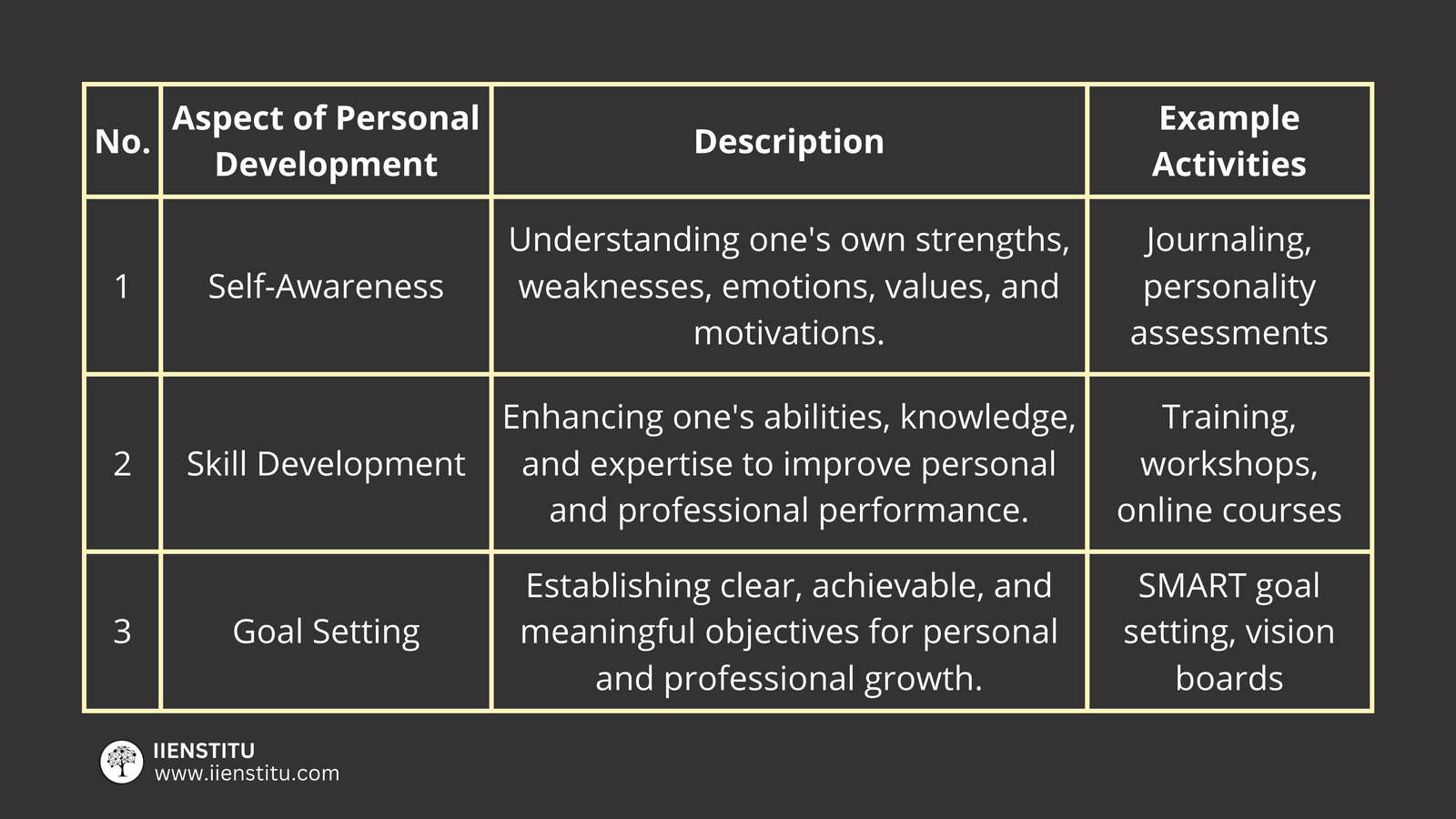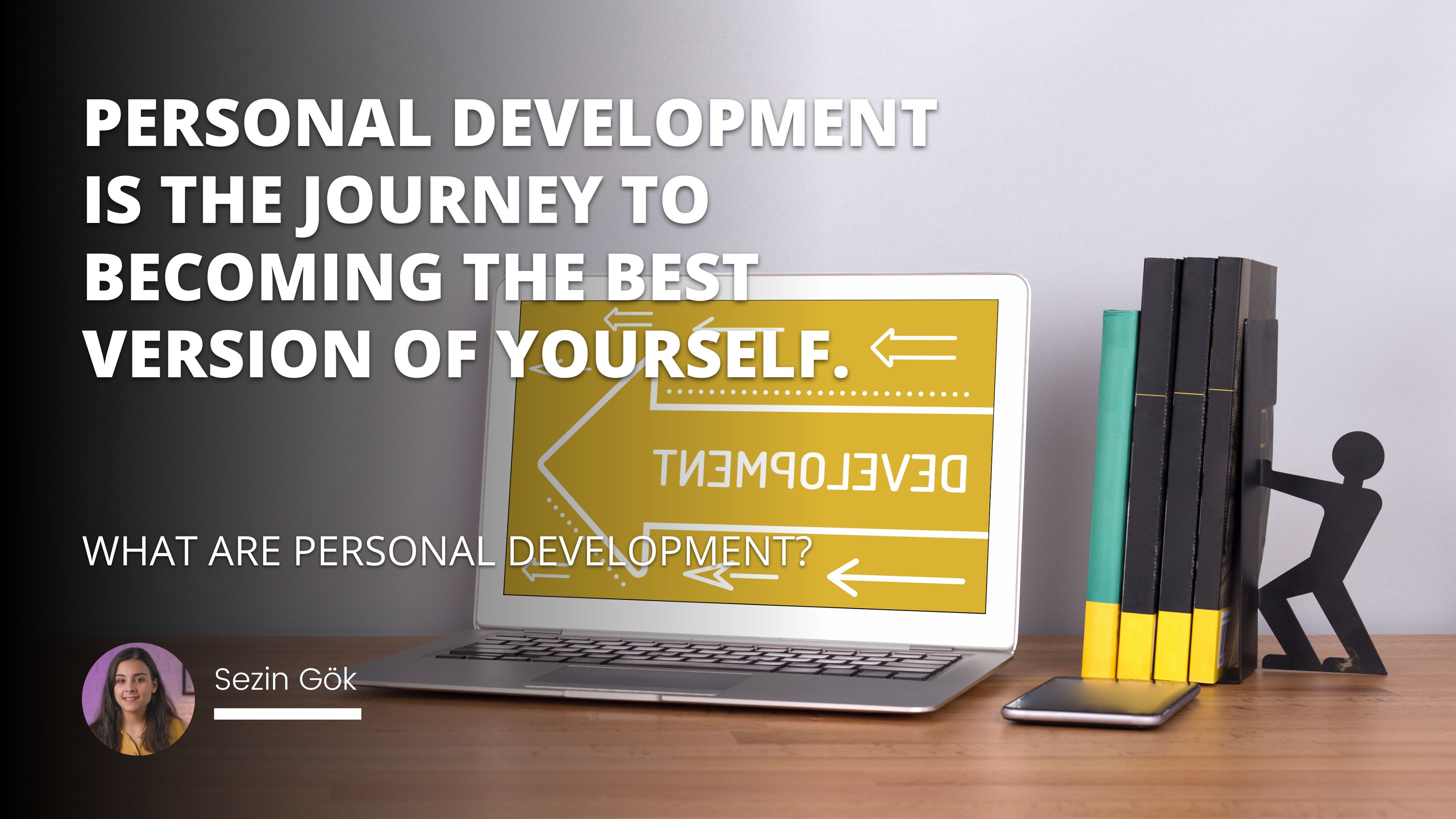
Kaizen: Japanese Continuous Improvement Philosophy
Kaizen Principles and Continuous Improvement
Kaizen and Fear of Failure
Kaizen and Achieving Goals
Growth Mindset: Embracing Challenges and Learning from Mistakes
Deliberate Practice: The Path to Mastery
Decomposition of Complex Tasks
Feedback and Improvement
Repetition and Mastery of Components
Motivation and Goal Setting
Flexibility and Adaptability in the Process of Achieving Mastery
Cooperation and Social Support
Anything worth doing is worth doing poorly until you can learn to do it well.
This aphorism by Zig Ziglar emphasizes the importance of taking action and committing to continuous learning and improvement, even when initial results are imperfect. This perspective is based on the principles of a growth mindset and patience, which are crucial for achieving long-term success. This paper explores the foundations of this approach, including the concepts of kaizen, deliberate practice, and growth mindset, and their implications for personal development.
Kaizen: The Japanese Philosophy of Continuous Improvement
Initially, performing a task poorly originates from the Japanese concept of "kaizen," which means "continuous improvement." Kaizen is a method adopted by Japanese industry in the mid-20th century and has spread worldwide over time. This philosophy teaches us to succeed by making continuous small changes and improvements.
Kaizen Principles and Continuous Improvement
The Kaizen philosophy is based on five main principles of the continuous improvement process: unlimited improvement, process-oriented approach, total involvement, discipline, and cooperation. These principles encourage individuals and organizations to strive for excellence in all areas continuously.
Kaizen and Fear of Failure
Kaizen is a powerful tool to overcome the fear of failure. This philosophy encourages seeing failure as a learning opportunity and learning from mistakes that can contribute to continuous improvement. In this way, individuals can overcome the fear of failure and achieve higher performance and success.
Kaizen and Achieving Goals
Individuals who adopt the Kaizen philosophy constantly strive to achieve their goals. In this process, they succeed by taking concrete steps toward their goals and learning from their mistakes. Kaizen enables individuals to be patient and determined to achieve their goals, thus ensuring long-term success and personal development.
Growth Mindset: Embracing Challenges and Learning from Mistakes
Research shows that individuals who adopt a growth mindset are more likely to persevere in facing obstacles and setbacks. They perceive mistakes as opportunities for learning and growth rather than signs of personal inadequacy or failure. This mindset is particularly relevant in personal development contexts where individuals must take responsibility for their development and progress.
Deliberate Practice: The Path to Mastery
The principle of initially performing a task poorly is also related to the concept of deliberate practice. Deliberate practice involves intensive, goal-orientated practice to improve performance. This method of practice enables individuals to break down complex tasks into smaller, manageable components and receive feedback on their performance. Thus, by repeating parts and integrating input over time, individuals can achieve mastery in a particular skill or area of expertise.
Breaking Down Complex Tasks into Components
In deliberate practice, breaking complex tasks into parts allows individuals to learn more effectively and quickly. In addition, this method facilitates completing more complex functions by concretizing the learning process and developing each component separately.
Feedback and Improvement
Receiving feedback is an essential aspect of the deliberate practice process. Through feedback, individuals can identify their mistakes and areas for improvement. This feedback provides a critical basis for corrections and improvements to the implementation process. Individuals can gain mastery quickly and effectively by continually evaluating and applying this feedback.
Repetition of Components and Mastery
In the process of deliberate practice, the repetition of components helps individuals develop their skills and expertise. In addition, duplication of each part allows individuals to gain more experience and confidence in these components. Over time, these repetitions lead to higher skill levels and, eventually, mastery.
In conclusion, deliberate practice is an effective learning and development method that enables individuals to gain mastery of a particular skill or area by breaking down complex tasks into manageable components and receiving continuous feedback. This process allows individuals to more quickly and effectively develop skills and achieve their ultimate goals.
Motivation and Goal Setting
In deliberate practice, it is essential to maintain individuals' motivation and work toward goals. Setting clear and measurable goals allows individuals to monitor their progress and use their feedback more effectively. This helps individuals progress toward achieving their goals and maintaining continuous motivation.
Flexibility and Adaptability in the Process of Achieving Mastery
The process of deliberate practice requires individuals to be flexible and adaptable. To achieve mastery of initially poorly performed tasks, individuals need to try new strategies, take feedback into account and continually review their learning process. This flexible and adaptive approach enables individuals to react quickly to changing circumstances and challenges, enabling them to achieve their goals of success and personal development.
Cooperation and Social Support
In deliberate practice, cooperation and social support also play an essential role. By receiving feedback and guidance from peers, mentors and trainers, individuals can make their learning process more effective and enjoyable. Also, working together to achieve common goals can increase individuals' motivation and chances of success.
In conclusion, the deliberate practice process offers an effective way for individuals to achieve mastery of complex tasks. This process allows individuals to increase their skills and expertise through goal-oriented practice, feedback, and continuous improvement. In addition, this approach helps individuals to manage their learning process and achieve their long-term goals of success and personal development.
Promoting Long-Term Success through Imperfection and Persistence
The saying "Anything worth doing is worth doing poorly until you learn to do it well." emphasizes the importance of action and patience when faced with challenges and setbacks. This perspective encourages individuals to adopt a growth mindset and accept the process of continuous improvement through deliberate practice. By attending the NLP course, individuals can achieve long-term success and personal development even if the initial results are imperfect.
Related course: NLP Course
The NLP course supports the process of continuous improvement by helping individuals to understand and manage their mental processes, language use, and behavior. By adopting a growth mindset, NLP training offers strategies to accelerate learning, personal development, and success. This course helps individuals to achieve their success and personal development goals by improving their ability to learn from mistakes and to be patient in the face of difficulties.
By attending an NLP course, individuals can become more effective and successful by applying the process of continuous improvement in their minds and behavior through deliberate practice. This approach allows individuals to acquire the skills and strategies to deal with challenges, achieve their goals and make positive life changes.
Takeaways about Zig Ziglar's quote:
Don't be afraid to start something new, even if you are not good at it yet.
Mistakes and failures are opportunities to learn and improve.
Continuous learning and improvement are critical to long-term success.
Embrace a growth mindset and persevere through challenges.
Deliberate practice and breaking tasks into manageable components can help improve skills and expertise.
Set clear and measurable goals, and use feedback to guide progress.
Collaboration and social support can enhance motivation and success.
Frequently Asked Questions
What is Kaizen and what principles is it based on?
Kaizen is a Japanese philosophy that means continuous improvement. This philosophy teaches us to succeed by constantly making small changes and improvements. The Kaizen philosophy is based on five main principles of the ongoing improvement process: unlimited improvement, process-oriented approach, total involvement, discipline, and cooperation.
What is growth mindset and why is it important?
A growth mindset is a mindset that is more likely to persevere in the face of obstacles and setbacks, seeing mistakes as opportunities to learn and grow. This mindset is relevant in personal development contexts where individuals must take responsibility for their development and progress. Research shows that individuals who adopt a growth mindset are higher performers.
What is deliberate practice and how is it applied?
Deliberate practice is a method that involves intensive, goal-orientated practice to improve performance. It allows individuals to break down complex tasks into smaller, manageable components and receive feedback on their performance. By repeating pieces and integrating input over time, individuals can achieve mastery of a particular skill or specialization. In deliberate practice, it is essential to keep individuals motivated and working towards goals. Cooperation and social support also play a crucial role in this process.


